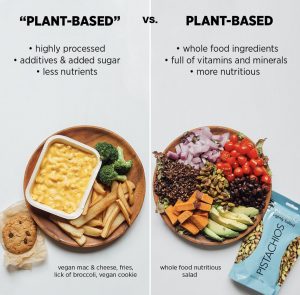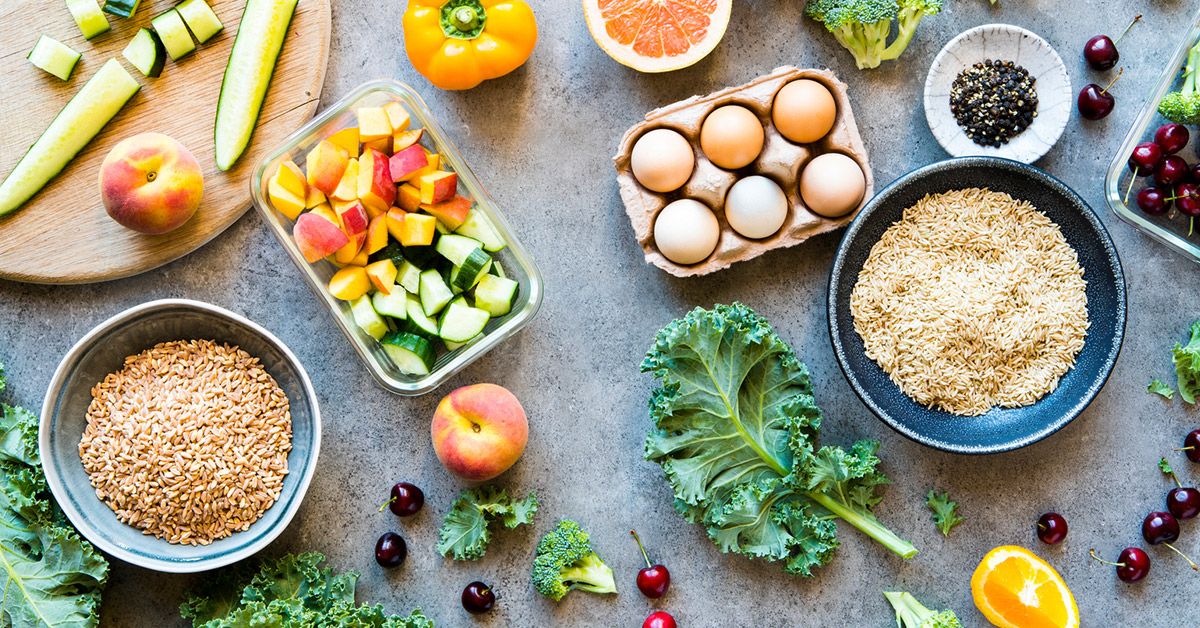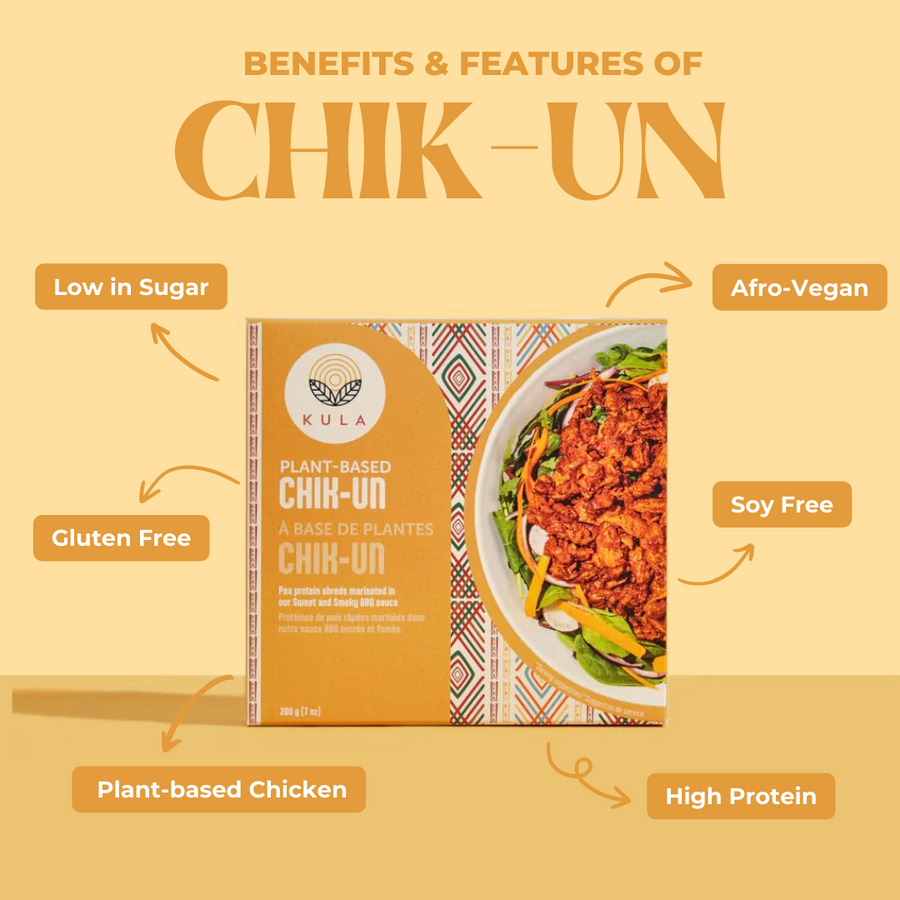Everything About Healthy And Balanced Food: Advantages of Taking On Plant Based Alternatives
The discussion bordering plant-based diet regimens has actually gotten substantial interest in recent years. Lots of people are discovering the potential health benefits, dietary advantages, and environmental influences linked with these nutritional choices. As individuals become extra mindful of their food's influence on wellness and sustainability, concerns occur concerning the functionalities of embracing such a way of life. What certain modifications can one expect, and just how might these selections improve not just personal wellness however also the planet's future?
Understanding Plant-Based Diet Regimens
Although several people connect plant-based diet regimens mostly with vegetarianism or veganism, these diet plans can incorporate a large range of eating patterns that focus on entire, minimally refined plant foods. Such diet plans frequently include fruits, veggies, entire grains, legumes, nuts, and seeds, while limiting or removing animal items. This versatility permits individuals to tailor their nutritional choices according to personal preferences and dietary demands. Some might take on a largely plant-based diet while still sometimes consuming meat or dairy products, often referred to as a flexitarian approach. The focus stays on including more plant foods, which can bring about a diverse array of dishes and tastes. Understanding these various interpretations of plant-based consuming is vital for appreciating its accessibility and charm in modern food culture.
Health And Wellness Perks of Plant-Based Foods
The health and wellness advantages of plant-based foods are significant, offering a nutrient density benefit that supports overall wellness. Research shows that these foods can enhance heart wellness and play an essential function in effective weight management. By incorporating more plant-based alternatives, individuals may improve their nutritional options and promote lasting health and wellness.
Nutrient Thickness Benefit
Nutrient density plays a crucial duty in the wellness advantages of plant-based foods, making them a compelling selection for those looking for a balanced diet. Plant-based foods, such as fruits, vegetables, vegetables, nuts, and entire grains, are usually rich in crucial vitamins, minerals, and antioxidants while being lower in calories. This high nutrient density enables people to take in fewer calories while still meeting their nutritional needs. In addition, these foods are packed with dietary fiber, advertising gastrointestinal health and wellness and assisting in weight management. By including nutrient-dense plant-based alternatives, customers can enhance their overall health, support their body immune systems, and minimize the threat of persistent diseases. Eventually, the nutrient density of plant-based foods underscores their relevance in a health-conscious lifestyle.
Heart Wellness Improvement
:max_bytes(150000):strip_icc()/VWF-Plant-Based-Eating-V6-edit1-0a05c9c9c14e489b8e981fbb0221d49e.jpg)
Weight Monitoring Support
Along with advertising heart wellness, a plant-based diet can considerably aid in weight management. This nutritional method emphasizes whole foods such as fruits, veggies, beans, nuts, and whole grains, which are typically reduced in calories and greater in fiber compared to animal-based products. The high fiber material aids increase satiety, decreasing general calorie consumption. Moreover, plant-based diets are frequently abundant in vital nutrients while reduced in unhealthy fats, making it simpler to keep a healthy and balanced weight. BBQ Sauces. Research study indicates that people that take on a plant-based way of living tend to have reduced body mass indexes (BMIs) and experience more effective weight-loss compared to those who eat meat-heavy diet regimens. Embracing plant-based options is a critical choice for efficient weight management.
Nutritional Worth of Plant-Based Ingredients
Plant-based active ingredients are rich in essential nutrients, supplying a diverse variety of vitamins, minerals, and anti-oxidants that add to overall health. A contrast of healthy protein sources exposes that while animal items are usually viewed as premium, numerous plant-based choices give sufficient healthy protein and other advantageous substances. Comprehending the nutritional value of these active ingredients can help individuals make educated nutritional choices.
Crucial Nutrients in Plants
Nutrient-rich components found in plants offer a varied variety of crucial nutrients that add significantly to general health. These ingredients are abundant in vitamins A, C, and K, which sustain immune feature, vision, and blood clotting, specifically. In addition, plants give vital minerals such as potassium, magnesium, and calcium, vital for heart wellness, muscle mass feature, and bone strength. The existence of fiber in plant-based foods help food digestion and advertises a healthy gut microbiome. Anti-oxidants, found perfectly in vegetables and fruits, aid combat oxidative anxiety and reduce swelling. Several plant foods are low in calories yet high in nutrients, making them an exceptional selection for those seeking to preserve a healthy weight while making sure perfect nutrient intake.

Comparing Protein Resources
Healthy protein resources vary considerably in their nutritional profiles, with plant-based active ingredients supplying distinct benefits. Unlike pet healthy proteins, which often include hydrogenated fats and cholesterol, plant healthy proteins have a tendency to be reduced in these undesirable parts. Legumes, nuts, seeds, and entire grains are rich in essential amino acids, fiber, vitamins, and minerals. Lentils offer high healthy protein content alongside considerable iron and folate, while quinoa is a complete healthy protein, using all nine vital amino acids. In addition, plant-based proteins are often gone along with by antioxidants and phytochemicals that support overall health and wellness. The shift to plant-based healthy protein resources not only boosts nutritional intake yet additionally straightens with lasting dietary techniques, lowering ecological impact and advertising long-term health advantages.
Environmental Influence of Plant-Based Consuming
As awareness of environment adjustment right here expands, lots of people are checking out lasting dietary options that can substantially minimize their ecological footprint. Plant-based eating has become a significant contributor to reducing greenhouse gas emissions, which are largely related to livestock manufacturing. The cultivation of fruits, grains, vegetables, and find out this here vegetables normally calls for less resources, such as water and land, contrasted to pet farming. Furthermore, plant-based diet plans can bring about lowered deforestation, as much less land is required for grazing livestock or expanding pet feed. By shifting towards plant-based alternatives, consumers can sustain biodiversity and advertise much healthier ecosystems. Overall, embracing plant-based consuming not just benefits individual health and wellness yet additionally represents a vital step toward environmental sustainability and conservation efforts.
Overcoming Common Misconceptions
While several individuals acknowledge the advantages of a plant-based diet regimen, several mistaken beliefs frequently hinder them from completely embracing this lifestyle. An usual belief is that plant-based diet plans lack adequate protein; nevertheless, many plant resources, such as vegetables, nuts, and tofu, provide sufficient healthy protein. In addition, some think that this diet plan is expensive, when in fact, staples like beans, rice, and seasonal vegetables can be fairly cost effective. Another mistaken belief is that plant-based consuming is excessively restrictive, whereas it in fact supplies a diverse selection of foods and tastes. Several worry that a plant-based diet plan might lead to shortages, yet with appropriate preparation, people can obtain all needed nutrients, including vitamins and minerals, while appreciating a vast variety of scrumptious dishes.
Tips for Transitioning to a Plant-Based Way of life
Making the change to a plant-based way of life can be an improving experience, though it often calls for some support to browse the initial modifications. Individuals are encouraged to begin gradually, integrating even more fruits, veggies, legumes, and entire grains into their meals while reducing meat and dairy consumption. Dish preparation is crucial; preparing a weekly menu can help reduce the change and prevent final unhealthy selections. Checking out cooking approaches and brand-new recipes can also enhance the experience and maintain excitement concerning plant-based consuming. Furthermore, signing up with support groups or areas can give motivation and share valuable tips. Remaining educated regarding nutrition assurances balanced dishes, protecting against deficiencies while fostering a healthy and balanced, enjoyable plant-based way of life.

Delicious Plant-Based Meal Ideas
Discovering tasty plant-based meal ideas can influence people to welcome an extra nourishing diet. One popular choice is a hearty quinoa salad, featuring cherry tomatoes, cucumber, and a zesty lemon-tahini clothing. Another fave is a mouthwatering lentil stew, loaded with carrots, celery, and great smelling herbs, excellent for a soothing supper. For breakfast, overnight oats made with almond milk, chia seeds, and topped with fresh berries offer a healthy beginning to the day. Additionally, a vivid vegetable stir-fry with tofu and a variety of vibrant veggies can be a fast yet pleasing meal. Creamy avocado toast on whole-grain bread, sprinkled with spices and seeds, uses a simple yet tasty snack. These meals showcase the range and splendor of plant-based consuming.

Regularly Asked Inquiries
Can a Plant-Based Diet Offer Sufficient Protein?
The question of whether a plant-based diet can offer adequate protein is typical. Countless sources, including vegetables, nuts, seeds, you can try here and entire grains, can fulfill protein needs efficiently, sustaining a nourishing and well balanced diet for individuals.
Are Plant-Based Diet Plans Suitable for Children?
The viability of plant-based diet regimens for children relies on cautious planning. Adequate nutrients need to be ensured, including minerals, proteins, and vitamins. With proper guidance, such diet regimens can support healthy and balanced development and development in children.
How Do I Eat in restaurants on a Plant-Based Diet?
Eating in restaurants on a plant-based diet includes seeking dining establishments with diverse food selections, requesting adjustments, and checking out vegan-friendly options. Preparation in advance and connecting nutritional preferences can boost the dining experience while preserving dietary options.
What Are Typical Irritants in Plant-Based Foods?
Usual irritants in plant-based foods consist of soy, gluten, nuts, and seeds - BBQ Sauces. People following a plant-based diet regimen ought to recognize these irritants and review tags very carefully to avoid adverse reactions and ensure risk-free intake
Can Plant-Based Diets Aid With Fat Burning?
Research indicates that taking on a plant-based diet may facilitate fat burning because of its commonly lower calorie thickness and greater fiber web content. This combination can enhance satiety, assisting people handle their calorie intake properly. Several individuals link plant-based diet plans generally with vegetarianism or veganism, these diet plans can incorporate a broad range of consuming patterns that prioritize entire, minimally refined plant foods. Nutrient thickness plays a vital role in the wellness advantages of plant-based foods, making them a compelling selection for those looking for a balanced diet. Plant-based diets have actually been shown to considerably enhance heart health, as they commonly consist of components that sustain cardiovascular function. In addition to promoting heart wellness, a plant-based diet can substantially aid in weight monitoring. A common belief is that plant-based diet plans lack enough protein; nevertheless, many plant resources, such as beans, nuts, and tofu, provide adequate healthy protein.